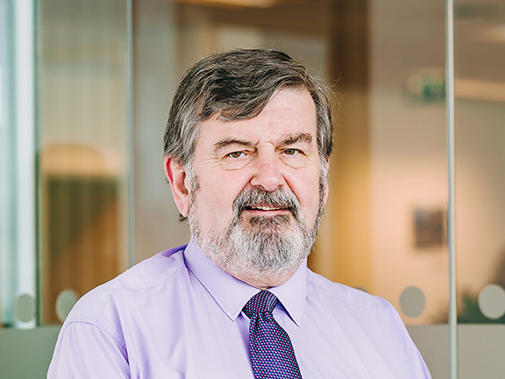Last year, I celebrated 40 years in general practice.
I was asked to join the practice by my old senior partner, with whom I had worked for several years in the local hospital.
I felt quite privileged, as advertised GP jobs often had dozens of applicants.
We were busy, providing 24/7, 365-days-a year cover to 3,600 patients with three partners. We were kept occupied, but paced ourselves and we coped without too much stress. We educated our patients to recognise that out of hours was for true emergencies only.
We undertook child health surveillance and immunisation, and even did minor procedures at our local cottage hospital before it existed as an enhanced service. There were beds at the Cottage Hospital if they were needed.
Dispensing was well remunerated and subsidised General Medical Services.
Though the old contract was prescriptive from some aspects, such as employed staff numbers, there was general free rein to provide services to patients as we felt appropriate.
We were managed by a small team of independent professional managers (Family Health Services Authority) where decisions on practice development could be made quickly and efficiently.
Over the years there have been changes, some good but others not so.
Under-funded and under-resourced
We are now 6,600 patients, with 4.2 WTE (whole time equivalent) doctors.
But remuneration has dropped over the years, and, I believe, that this has reduced services to patients.
Had funding remained at pace with recommendations over the years, we would now probably have six WTE doctors and some additional clinical staff. Naturally, clinical services would be improved, and patient satisfaction would be higher (though it is already quite high).
We are now absorbed into a health board, as very much the poor relation.
The percentage spent on General Medical Services is now a third less than it was in 2004 at the onset of the new contract.
But there is an increasing workload as secondary care has transferred much to our services without funding following the work.
True, for a deduction from remuneration, we gave up our extended cover role, in favour of a 52-hour week (on paper) but with it has come micromanagement.
Practice inspections are forcing changes that are unproven and based on mainly secondary care practice and procedures.
Of course we need to practice safe medicine and keep our patients from harm, but when such things become a box-ticking exercise, they really are worthless.
Even before covid, waiting lists were spiralling and the situation is now dire. Our workload has increased considerably on the back of this, exacerbated by secondary care diverting queries.
And we wonder why we are struggling to recruit and so many practices are resigning their contracts and handing back the keys?
Independent General Practice is now so underfunded that it is becoming unviable.
We know that Health Board managed practices attract a significant premium, often to provide barely adequate services.
Independent general practice is the lynch pin of the NHS and is also the only cost-effective part of the service. It has absorbed substantial unfunded additional work but is now way beyond maximum capacity.
If the Welsh Government want to prevent the collapse of the health service in Wales, they must immediately address the funding issues that are adversely affecting service provision in general practice.
If contractor services fail, they will have to find considerable extra funding to maintain a very basic service that will be piecemeal, risk averse, and a poorer service to patients.
They have been warned.
Phil White is a GP and deputy chair of BMA Welsh council

